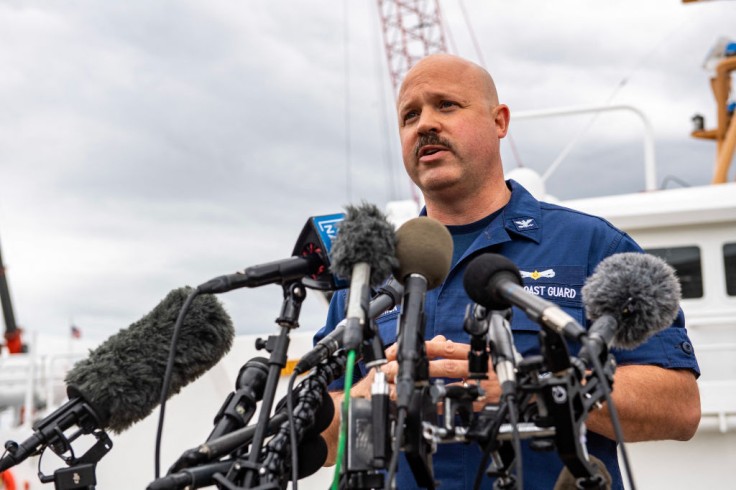
Las Vegas financier Jay Bloom and his son, Sean Bloom, made a life-saving decision when they chose to listen to their instincts and heed the warnings raised by OceanGate, a company offering deep-sea exploration experiences.
While the allure of diving to the depths of the ocean to see the iconic Titanic wreck was undeniably captivating, their concerns over the safety of the Titanic submarine ultimately led them to forgo the ill-fated expedition.
Their cautious approach saved them from the tragic outcome that befell others who ventured into the icy waters off the coast of Newfoundland.
Father-Son Seeks Safety First Over Titanic Dreams
According to People, Jay Bloom, a prominent Las Vegas investor, had planned to give his Titanic-loving son, Sean, a once-in-a-lifetime adventure by taking him on a bucket-list trip to explore the depths of the ocean.
However, as Sean delved deeper into the details of the expedition, he started noticing red flags and expressing his concerns about the suitability and safety of the submarine that would take them to the wreckage.
Sean, 20, voiced his worries to his father, emphasizing that the submersible was not built to withstand the immense pressure at such depths.
"This submarine cannot survive going that deep in the ocean," Sean cautioned.
Alarmed by his son's apprehensions, Jay took the warnings seriously and began scrutinizing the submarine they were supposed to embark on for their nearly three-mile dive.
Upon closer examination, Sean and his friend Simon, who shared similar safety concerns, discovered that the submarine was relatively small, accommodating only five people in tight quarters.
The cramped conditions and lack of adequate safety measures left them feeling deeply uneasy. Sean remarked, "It just felt super unsafe. Something was telling me this was not the move."
According to CNN, Bloom recalled how OceanGate CEO Stockton Rush had attempted to persuade him to book the trip, downplaying any dangers associated with the Titanic submarine dive.
Rush assured Bloom that the experience would be safer than flying a helicopter, scuba diving, or even crossing the street.
Despite Rush's conviction and passion for the project, Jay sensed a dismissive attitude towards any opposing viewpoints.
Bloom recounted how the OceanGate CEO's arrival in a self-built, two-seat experimental plane further intensified his concerns.
Reflecting on the situation, Bloom emphasized the contrasting risk appetites between himself and the CEO, highlighting his own background as a pilot and his aversion to boarding experimental aircraft.
Lessons Learned on OcenGate's Titanic Submarine
As per Reuters, concerns regarding the safety of the Titan's design had emerged earlier, dating back to 2018, with industry experts and a former employee of Rush's company raising questions.
Despite these reservations, Bloom noted that Rush remained resolutely confident in his venture, unwilling to be swayed by any doubts.
He believes that the CEO's downfall lay in his failure to subject his work to independent scrutiny and acknowledge valid concerns.
The absence of an unbiased review prevented potential risks from being properly assessed and addressed.
Furthermore, Jay expressed regret that Rush seemed unwilling to acknowledge the gravity of the dangers involved, either through ignorance or a deliberate choice to disregard them.
Reflecting on their decision to forgo the Titanic dive, Jay admitted to the seductive appeal of seeing the shipwreck up close.
However, their overriding concern for their own safety and future experiences prompted them to prioritize caution.
While they escaped unscathed, their hearts go out to the Dawood family, who lost Shahzada Dawood and his son, Suleman, in the tragic accident.
OceanGate's age restrictions allowed individuals as young as 17 to participate in the dangerous voyage, prompting questions about the suitability of such an experience for younger passengers.
However, Sean maintains that he, at 20 years old, was capable of making an informed decision for himself.
In the wake of this devastating event, the ocean exploration community must address the systemic issues that led to the loss of precious lives and take measures to prevent similar tragedies in the future.